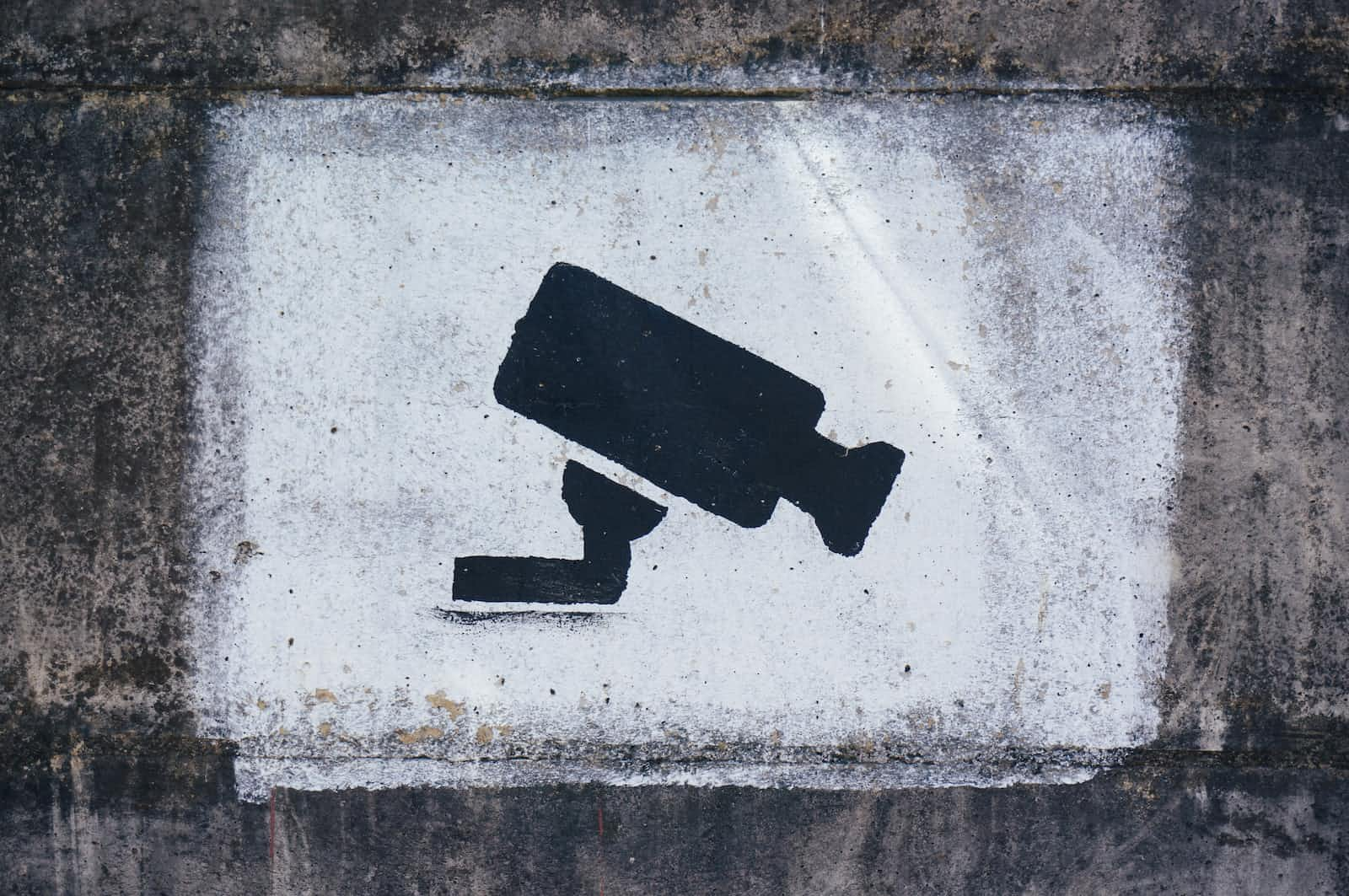Executive Summary
Hiring security guards in India involves understanding various cost factors including regional wage differences, compliance requirements, and agency fees. Monthly salaries typically range from ₹13,000 to ₹27,000, with metropolitan cities commanding higher rates. When calculating the true cost of security services, businesses must consider not only base wages but also statutory compliance costs like PF and ESIC contributions. Finding the right balance between affordability and quality is essential for effective security management and legal compliance.
Understanding Security Guard Hiring Costs in India
Regional Cost Variations Across India
The cost of hiring security guards varies significantly across different Indian cities and regions, influenced by local economic conditions and market demand.

Monthly salary ranges by location:
- Delhi: Average of ₹18,000 per month
- Bangalore: Average of ₹15,000 per month
- Mumbai: Generally higher rates than other metropolitan cities
- Tier-2 and tier-3 cities: Typically lower rates compared to major metros
When planning your security budget, these regional differences must be factored in, especially for businesses with multiple locations across India.
Event Security Pricing
For businesses hosting events that require temporary security personnel, costs tend to be structured differently than ongoing security arrangements.
Event security pricing in major cities:
- Delhi: ₹18,000 to ₹33,000 per event
- Bangalore: ₹17,000 to ₹30,000 per event
- Mumbai: ₹20,000 to ₹40,000 per event
The final cost depends on event duration, location, security requirements, and risk assessment. Event security typically commands premium rates due to the specialized training and flexibility required.

Hourly Hiring Rates by State
Security guard services can also be engaged on an hourly basis, with rates varying significantly by state and skill level.
Sample hourly rates across states:
- Delhi: ₹80 to ₹157
- Karnataka: ₹64 to ₹122
- Maharashtra: ₹55 to ₹102
- Mumbai: ₹64 to ₹103
- Tamil Nadu: ₹67 to ₹136
- Rajasthan: ₹31 to ₹60
These rates reflect minimum wage regulations and market conditions in each state. When calculating total costs, multiply the hourly rate by the number of hours required to determine your monthly budget.
Hourly Hiring Rates
We have listed below the hourly rates for hiring people across India as per the current minimum wages prescribed by various states. Please note that the below prices are for reference purposes and exact pricing can only be provided once we understand all aspects of your requirements.
| State | Starting from | Max cost |
|---|---|---|
| Andhra Pradesh | ₹ 54 | ₹ 98 |
| Assam | ₹ 60 | ₹ 139 |
| Bihar | ₹ 38 | ₹ 88 |
| Chandigarh | ₹ 52 | ₹ 90 |
| Chhattisgarh | ₹ 47 | ₹ 86 |
| Delhi | ₹ 80 | ₹ 157 |
| Goa | ₹ 47 | ₹ 101 |
| Gujarat | ₹ 9 | ₹ 74 |
| Haryana | ₹ 47 | ₹ 89 |
| Himachal Pradesh | ₹ 39 | ₹ 82 |
| Karnataka | ₹ 64 | ₹ 122 |
| Madhya Pradesh | ₹ 42 | ₹ 88 |
| Maharashtra | ₹ 55 | ₹ 102 |
| Mumbai | ₹ 64 | ₹ 103 |
| Pune | ₹ 71 | ₹ 111 |
| Punjab | ₹ 42 | ₹ 82 |
| Rajasthan | ₹ 31 | ₹ 60 |
| Tamil Nadu | ₹ 67 | ₹ 136 |
| Telangana | ₹ 42 | ₹ 76 |
| Uttar Pradesh | ₹ 44 | ₹ 81 |
| Uttarakhand | ₹ 44 | ₹ 81 |
| West Bengal | ₹ 42 | ₹ 93 |
Components of Security Guard Costs
Statutory Compliance Requirements
When hiring security personnel, businesses must ensure compliance with various labor laws and regulations that impact the overall cost.
Key compliance components affecting security guard costs:
- Minimum wages (varies by state and skill classification)
- Employees' Provident Fund (EPF) contributions
- Employees' State Insurance Corporation (ESIC) payments
- Bonus payments as per regulations
- Other statutory obligations including gratuity and leave benefits
Failure to account for these mandatory components not only leads to budget miscalculations but also exposes businesses to legal risks and potential penalties.
Agency Service Charges
When hiring through security agencies, their service fee is an additional cost component beyond the basic salary and compliance requirements.
Typical agency pricing structure:
- Labor expenses: Direct guard wages complying with government regulations
- Material costs: Equipment, uniforms, communication devices
- Agency charges: Generally 6-10% of the total cost
The agency percentage varies based on several factors including the number of guards required, contract duration, payment terms, and any specialized requirements. While this adds to the overall cost, agencies provide crucial services including recruitment, training, management, and ensuring compliance.
Sample Cost Calculation
To estimate your security guard expenses, you can use a straightforward calculation method based on hours required and applicable rates.
Example calculation:
- Requirement: One security guard for 30 days, 12 hours per day
- Total working hours: 30 × 12 = 360 hours
- Hourly rate (Delhi): ₹80
- Total estimated cost: 360 × ₹80 = ₹28,800
This basic calculation helps establish a starting budget, but remember to confirm that all statutory compliance costs are included in the quoted rate to avoid unexpected expenses later.
Strategic Considerations When Budgeting for Security
Balancing Cost and Quality
While budget constraints are important, focusing solely on finding the lowest-priced security service often leads to inadequate protection and potential compliance issues.
Strategic approach to security budgeting:
- Compare market rates to identify reasonably priced options
- Avoid both overpriced services and suspiciously cheap offerings
- Ensure quoted prices include all statutory compliance requirements
- Consider the security agency's experience, reputation, and track record
- Evaluate the quality of personnel, training standards, and supervision
The goal should be finding optimal value—security services that provide the necessary level of protection at a fair market price while maintaining full compliance with regulations.
Additional Factors Affecting Total Cost
Beyond basic wages and compliance costs, several other factors influence the total expense of hiring security guards.
Cost factors to consider:
- Training and certification level of guards
- Equipment requirements (uniforms, communication devices)
- Specialized skills (armed guards, technical security knowledge)
- Supervision and management structure
- Insurance and liability coverage
- Replacement procedures for absent personnel
These factors can significantly impact both the quality of service and the total cost. Discussing these elements with potential security providers ensures you receive accurate quotes that reflect your specific requirements.
Frequently Asked Questions
Q: What is the minimum cost to hire a legally compliant security guard in India?
A: The minimum cost varies by state due to different minimum wage regulations. In major metros like Delhi, the minimum legally compliant cost starts at approximately ₹18,000 monthly for an unskilled security guard working 8-hour shifts. This includes mandatory contributions like PF and ESIC. Lower figures likely indicate non-compliance with labor laws.
Q: How does the cost differ between hiring directly versus through a security agency?
A: Hiring through a security agency typically costs 6-10% more than direct hiring. However, agencies handle recruitment, training, management, replacements for absent guards, and compliance with labor laws. Direct hiring may seem cheaper initially but often results in higher administrative burdens and compliance risks.
Q: What additional costs should I consider beyond the basic security guard salary?
A: Beyond basic salary, calculate Provident Fund contributions (12% of basic wage), ESIC (3.25% of gross wages), bonus payments (8.33% minimum annually), uniform costs, training expenses, and potential overtime. These additional components typically add 30-40% to the base salary cost.
Q: How can I verify if a security agency's quote includes all mandatory compliance costs?
A: Request a detailed breakdown of the quote showing separate line items for basic wages, PF and ESIC contributions, bonus provisions, service charges, and any additional costs. Verify that the minimum wage component meets or exceeds the current rates for your state and the guard's skill classification.
Q: Are there seasonal variations in security guard costs?
A: Security costs typically increase during festival seasons and major events when demand rises. Additionally, minimum wage revisions, typically announced twice yearly (April and October), can increase rates. Long-term contracts often include clauses for rate adjustments following government wage revisions.
Q: What is the cost difference between different types of security guards?
A: Costs vary based on skill classification. Unskilled guards are the most affordable, semi-skilled guards (with some training or experience) command 10-15% higher rates, and skilled guards (with specialized training, certifications, or armed status) typically cost 20-30% more than the base rate for unskilled personnel.
Additional Resources for Security Planning
Businesses seeking more information about hiring security guards can reference these specialized guides:
- City-specific details of our services
- Comprehensive guide to hiring security guards in India
- Information about security service benefits
- Detailed breakdown of security service pricing components
- Key considerations when hiring security guards
When evaluating security providers, consider not only cost factors but also service quality, reliability, regulatory compliance expertise to ensure effective protection for your business assets.





